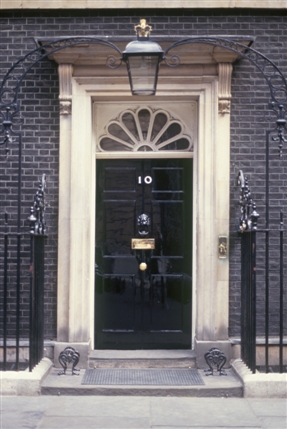Army generals are notorious for fighting the last war instead of the current one. Human rights campaigners may be in danger of the same mistake if they get their strategy wrong for the new coalition government.
The great civil liberties fight of the last decade centered on New Labour’s anti-terrorism measures. Keystone issues such as stop and search, 42-day detention without charge and control orders caught the public imagination and have been the subject of bitterly fought and largely successful campaigns by rights groups.
The other significant fights have been over the so-called surveillance state; for example CCTV, the DNA database and ASBOs, all of which are now being considered for reform by the new government.










